Education Sector Strengthening Against Ransomware, but IT Teams Pay Personal Price: Sophos
Sophos, a global leader and
innovator of advanced security solutions for defeating cyberattacks, released its fifth annual Sophos State of
Ransomware in Education report. The global study of 441 IT and cybersecurity
leaders shows the education sector is making measurable progress in defending
against ransomware, with fewer ransom payments, dramatically reduced costs, and
faster recovery rates. Yet, these gains are accompanied by mounting pressures
on IT teams, who report widespread stress, burnout, and career disruptions
following attacks – nearly 40% of respondents reported dealing with anxiety.
Over the past five years,
ransomware has emerged as one of the most pressing threats to education – with
attacks becoming a daily occurrence. Primary and secondary institutions are
seen by cybercriminals as “soft targets”—often underfunded, understaffed, and
holding highly sensitive data. The consequences are severe: disrupted learning,
strained budgets, and growing fears over student and staff privacy. Without
stronger defenses, schools risk not only losing vital resources but also the
trust of the communities they serve.
Indicators
of Success Against Ransomware
The new Sophos study demonstrates that the education sector is getting better at reacting and responding to ransomware, forcing cybercriminals to evolve their approach. Trending data from the Sophos study reveals an increase in attacks where adversaries attempt to extort money without encrypting data. Unfortunately, paying the ransom remains part of the solution for about half of all victims. However, the payment values are dropping significantly, and for those who have experienced data encryption in ransomware attacks, 97% were able to recover data in some way. The study found several key indicators of success against ransomware in education:
Stopping More Attacks: When it comes to blocking attacks
before files can be encrypted, both lower and higher education institutions
reported their highest success rate in four years (67% and 38% of attacks,
respectively).
Following the Money: In the last year, ransom demands
fell 73% (an average drop of $2.83M), while average payments dropped from $6M
to $800K in lower education and from $4M to $463K in higher education.
Plummeting Cost of Recovery: Outside of ransom payments,
average recovery costs dropped 77% in higher education and 39% in lower
education. Despite this success, lower education reported the highest recovery
bill across all industries surveyed.
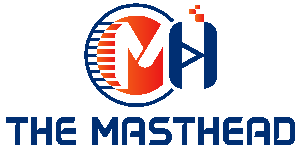



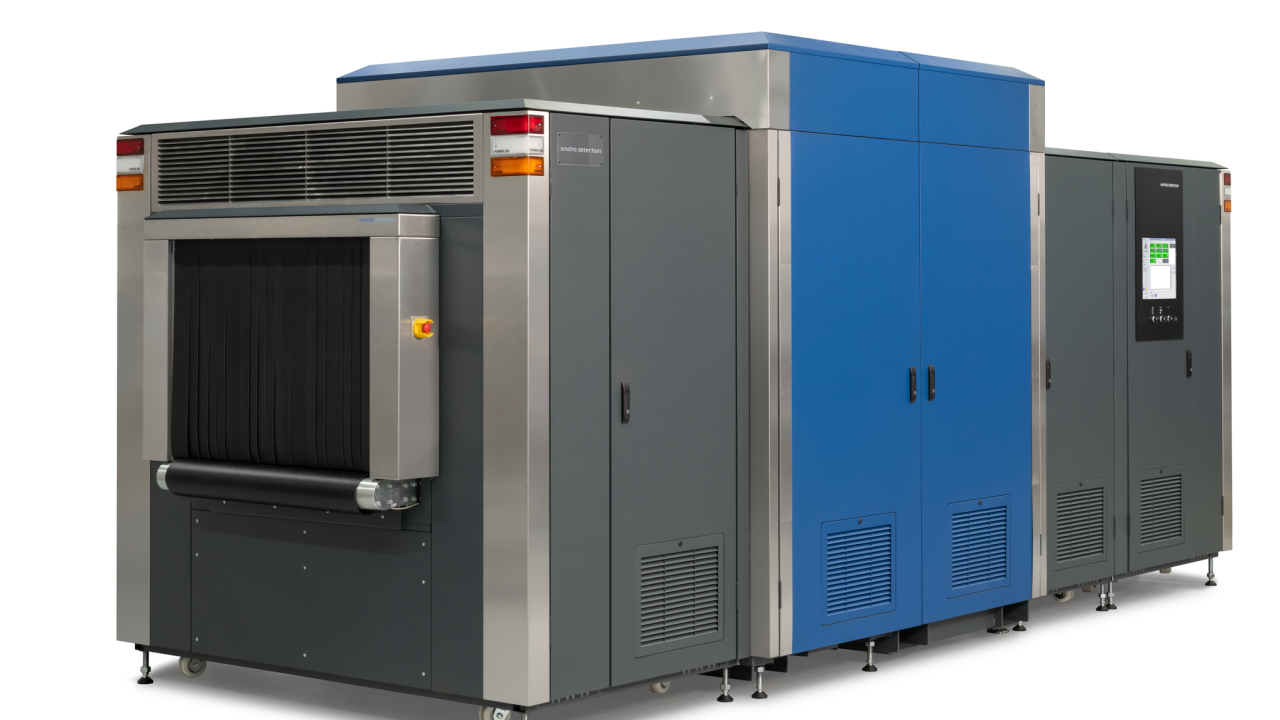




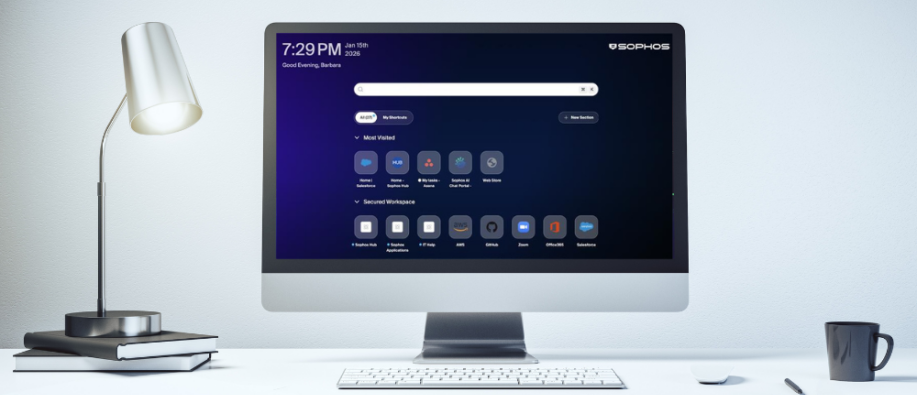











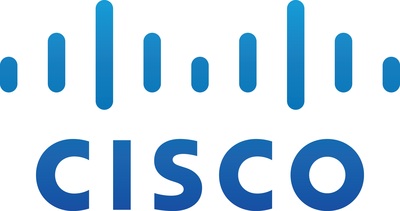







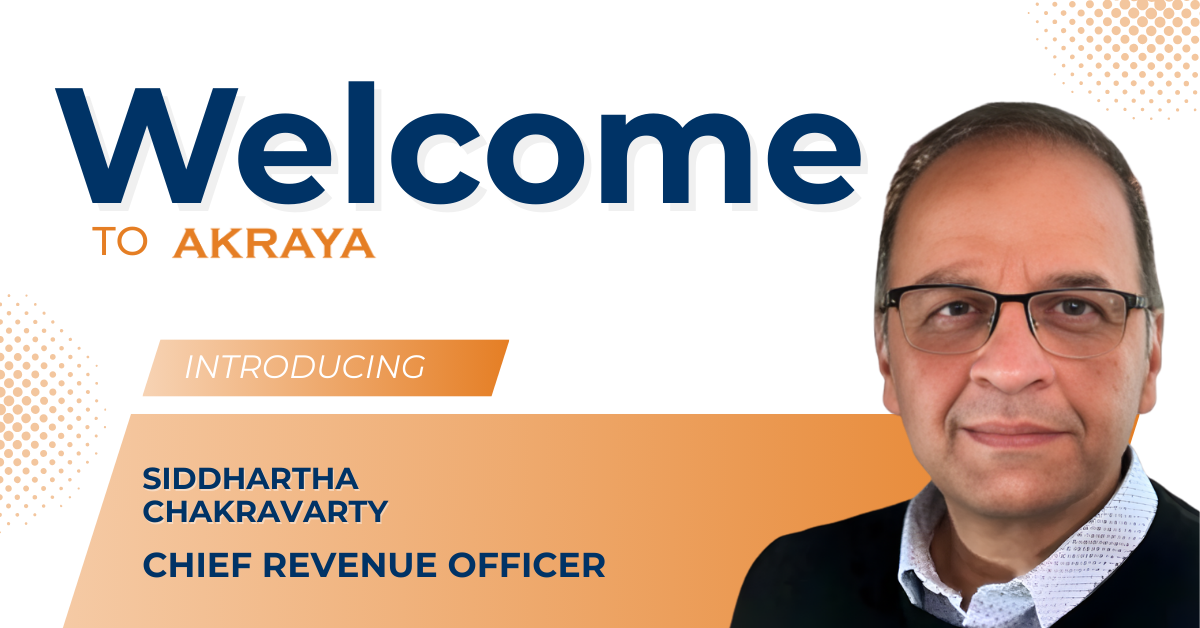
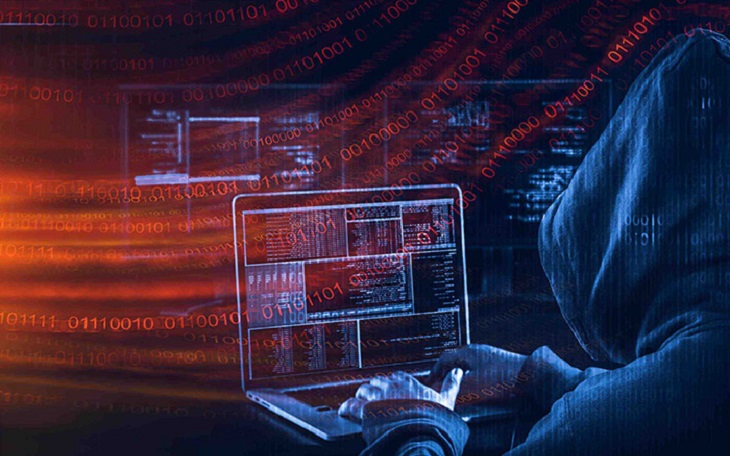
Leave A Comment